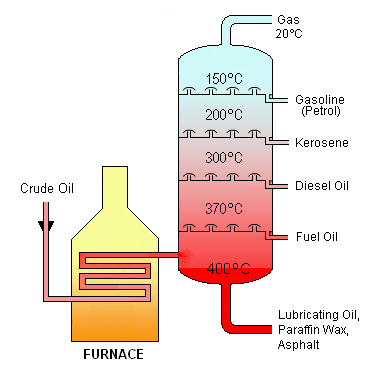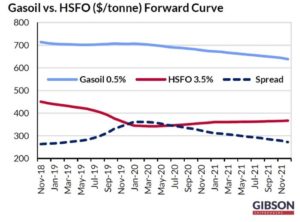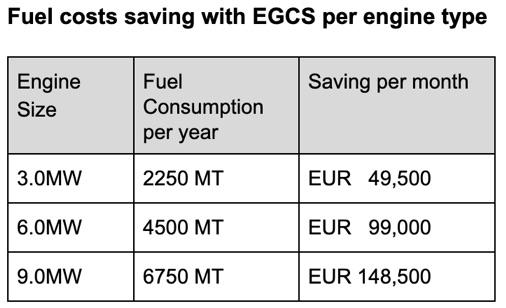What are the financial impacts of IMO2020 on refining?
The IMO2020 regulations lead to an increased demand for Gasoil (Low Sulphur fuel).
But in the process of refining gasoil, HFSO is produced as well. For every liter of Gasoil realized, 2 liters of HFSO is produced.

Oil refineries have made investments to upgrade HFSO into Gasoil. But in this process ¼ of the HFSO is actually turned into Co2 and thus lost. These investments are enormous; and furthermore, the lead-time for building more of such operations is over 5 years.
Out of all the oil refined globally, the shipping industry is currently using 40% of all Residual Fuel Oil (HFSO). With IMO2020, a large part of that demand is taken away while the increased demand for Gasoil leads to an even higher supply of Residual fuel in the process.
The increased demand for Gasoil and oversupply of HFSO thus leads to lower prices for HFSO and an increased spread between the two. Even with further innovations and different usage for HFSO in the long term, a price difference still remains.

What are the consequences for shipping companies?
We noticed that a good number of shipping companies still wonder what will happen to fuel prices of Gasoil and HSFO in the near future.
Even though we do not have a crystal ball to look into the future, oil prices as traded in future markets have proven to be good indicators. Based on those future prices the spread between Gasoil and HSFO is also foreseeable.
The average spread in the coming two years is around USD 300 (EUR 264) per MT. So shipping companies can estimated their increased cost price from January 2020 when they have to switch to using Gasoil. It is clear there will be a significant increase in cost price.

What are the cost savings after investing in a Scrubber system?
Average fuel consumption per vessel is dependent on the engine size. We calculate 2250 MT per year for a 3.0 MW. engine. Estimated fuel savings, when sailing with a scrubber, can be calculated also. (See the table below).
The price difference between MGO and HSFO (Spread) is an important driver in making an attractive business case for ship-owners.. The price difference, capturing Sulphur and ultrafine particulate matters plus the financial ability of our scrubber solution gives us the exact double dividend Value Maritime stands for.”

Our all-inclusive modular concept supports financing arrangements independent from the present ship’s financing. Thus making operational lease for our maritime scrubber a viable and interesting option.
For more information on the cost of our three EGCS sizes, lead times or the technical specifications, please >>do contact us.
